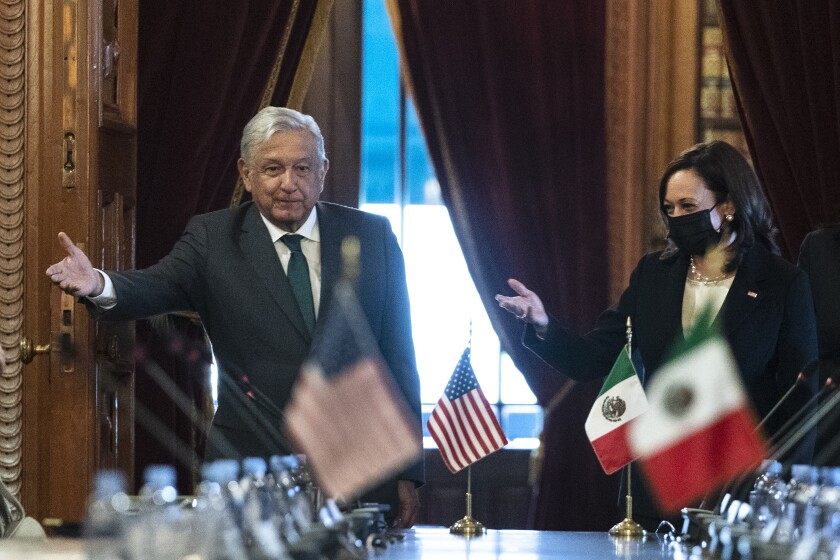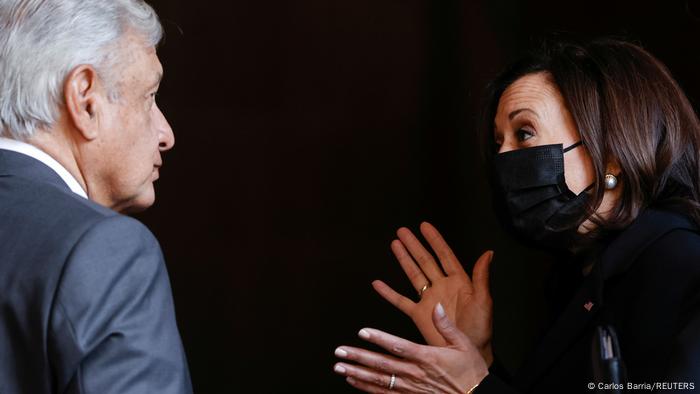In July of 2019: Mexico’s Congress passed an asset forfeiture bill; there were no additional changes to Mexico’s counterterrorism legislation in 2019. The government lacked adequate laws prohibiting material support to terrorists and relied on counterterrorism regimes in other countries to thwart potential threats. Additional reading here.
CARTEL monsters have hung nine bodies from a bridge in a chilling warning to rival gangs amid a bloody Mexico turf war.
A tenth victim was also found on a nearby road by horrified residents in the Zacatecas municipality of Cuauhtémoc on Thursday at around 6am.
Officials warned the disturbing display was likely to be linked to a savage dispute between ruthless criminal gangs that operate in the area.
The nine bodies were eventually removed from the overpass by police at around 10am local time, as locals went about their day.
According to local media, the majority of the deceased were identified as residents of the small town Cuauhtémoc, which has a population of just 6,660.
“They pay for the sins of others, it is not fair that they do this to us because they pay for the sinners,” one spooked local told TV Azteca Noticias.
Another added: “It’s scary to go out at night. You have to go to sleep early and every night there is noise, motorcycles, screaming, things like that.”
An “intense investigation” was underway, the local government said, although no arrests have yet been made.
***
“Operation Lone Star,” is Gov. Greg Abbott’s evolving and expensive plan to secure the U.S.-Mexico border using thousands of state troopers and Texas National Guardsmen. The operation, launched in March, was initially billed by Abbott as an effort to “deny Mexican Cartels and other smugglers the ability to move drugs and people into Texas,” but has since become a sprawling and controversial experiment in the use of state power to secure an international border.
Democrats have denounced it as illegal and unconstitutional, and called for a Justice Department investigation. Republicans have praised Abbott for taking a stand and pushing the envelope.
Abbott has not asked the Biden administration for permission because he does not believe he needs it. Indeed, the entire operation has been designed to operate exclusively with state resources and agencies, and within the existing confines of state law. That’s both a strength of Abbott’s approach and, as I saw for myself in Del Rio, Texas, a major weakness.
Abbott’s Border Operation Is A Bureaucratic Morass
It’s a weakness because it severely limits what the operation can achieve. The basic idea is that Texas state troopers and National Guard troops will arrest illegal immigrants, who will in turn be prosecuted for misdemeanor criminal trespass in hopes that such prosecutions will serve as a deterrent. Whatever the merits of this approach to border security, it comes with a host of caveats and constraints.
To begin with, Texas is only arresting single adult men, not women, children, or family units, which means the state is targeting the migrant population most likely to be quickly expelled to Mexico under Title 42, the pandemic public health order that allows federal immigration officials to send migrants back over the border with minimal processing. The migrant men arrested by Texas law enforcement, by contrast, will remain in state custody for weeks or longer, rather than being sent back to Mexico.
Up until last week, migrant men arrested under Operation Lone Star who posted bond would be transferred to Immigration and Customs Enforcement, which would typically expel them under Title 42. But last week ICE told the state it would no longer take custody of these migrants. That means Texas will have to transfer them to U.S. Border Patrol, and as of this writing it remains an open question whether Border Patrol will expel them as they would have under Title 42, had federal agents arrested them, or process them as asylum-seekers.
If the latter, then Operation Lone Star might have the unintended effect of rewarding migrants caught by state authorities: once they’re processed and released by Border Patrol to pursue their asylum claims, migrants have legal status, are allowed to work, and can remain in the United States as their case wends its way through federal immigration courts — a process that can take up to five years.
But even before these problems arise there are strict conditions that have to be met before state authorities can even make an arrest. Migrants can only be arrested on private land where landowners have agreed to press charges, and only on those parcels of land where the Texas National Guard has managed to erect temporary barriers, usually some arrangement of concertina wire that migrants must cut or go over, to ensure the trespass charges will stick.
And before Texas National Guardsmen in particular can arrest anyone, they’re supposed to go through 40 hours of police training (in practice, I’m told that it’s more like a day-long training). Also, the migrants who are arrested have to be transported to state prisons that have been retrofitted to comply with state jail standards, since migrants are being held in pretrial confinement. That in turn means all the corrections officers have to be trained as jailers.
On top of all these requirements, the entire operation depends on the willingness of local county attorneys to prosecute a deluge of misdemeanor criminal trespass cases arising from all these arrests. In Kinney County, which has a population of less than 4,000, the county attorney is a young man named Brent Smith who just took office in January and has never before worked as a prosecutor. He now has about 1,300 cases and counting thanks to Operation Lone Star. (For context, in normal times the Kinney County prosecutor would only take on a couple dozen cases per year.)
By contrast, in neighboring Val Verde County, the local prosecutor, David Martinez, a Democrat, has rejected nearly half the cases that have come through his office from Operation Lone Star. Last month, Martinez told a local news station he rejected the cases either because the migrants in question were seeking asylum or because there was some other problem with the case. (He cited one case in which state troopers re-directed a group of migrants to cross onto private property so they could arrest them for trespassing.)
For all this, out of about 1,500 criminal trespass cases filed since July through Operation Lone Star, only about 3 percent have resulted in convictions, according to a recent report by the Wall Street Journal, which also cited court records showing that of the 170 Operation Lone Star cases resolved as of November 1, about 70 percent were dismissed, declined, or dropped. The remaining cases ended in plea agreements, with most migrants sentenced to time already served.
Meanwhile, all of this is costing Texas hundreds of millions of dollars. Earlier this year, Abbott shifted about $250 million in the state budget to launch the operation, and the GOP-led state legislature later approved an additional $3 billion. In Del Rio, you can see these dollars at work all over town: every hotel parking lot is full of Texas state trooper trucks and SUVs. Uniformed National Guardsmen drive around in armored Humvees. Along some stretches of private land near the Rio Grande, sparkling new chain-link fencing topped by concertina wire stretches out for miles.
Locals seem to appreciate the effort and money being poured into their communities, especially landowners who feel betrayed and abandoned by the Biden administration. One woman told me her family’s ranch has been repeatedly vandalized this year by migrants — trashed, in fact, for the first time in generations. When they called Border Patrol, the answer came back that no one could be spared to come out and investigate. Their advice was, stay away from your ranch, or move. Their message was, incredibly, we can’t protect you.
Indeed, under the direction of Biden and Homeland Security Secretary Alejandro Mayorkas, Border Patrol has for the past ten months been overwhelmed with the endless task of processing and releasing migrants as fast as it possibly can, with little time or personnel available for patrolling the border. In Del Rio, I spoke to former Border Patrol chief Rodney Scott, who was forced out by the Biden administration in August, and he said agents are demoralized because they’re unable to do their jobs. Instead of intercepting drug and human traffickers or arresting criminals trying to evade detection — the actual job of Border Patrol agents — they’re stuck processing and transporting asylum-seekers.
Scott sees the border as a “national security issue,” but says the Biden administration has a completely different set of priorities. “Unfortunately since January 20, I haven’t seen a single action or even a single conversation while I was still in the chief’s position, to try to slow the flow to actually create a deterrent to illegal entry,” he says. “Every single action has been to basically be more welcoming. How can we process faster? And that’s just going to continue to be an invitation worldwide.”
Is Operation Lone Star Elaborate Political Theater?
Texas, then, really is on its own. Abbott is right that under the circumstances something must be done by the state, but so far his solution seems overly lawyerly and cautious, designed specifically to pass legal muster and win lawsuits rather than create a real deterrent to illegal immigration.
A cynic might suspect that Operation Lone Star, for all its complex interagency coordination and mass deployment of manpower and expensive price tag, is in the end mostly political theater. Its purpose might not be to secure the border so much as to secure Abbott’s right flank against a pair of Republican primary challengers, former GOP Texas Chairman Allen West and former state senator Don Huffines, who accuse Abbott of being too soft on the border.
Given the resources at Abbott’s disposal, West and Huffines — along with plenty of Texas conservatives who are frustrated about the ongoing border crisis — arguably have a point. Former Virginia attorney general Ken Cuccinelli, who led U.S. Citizenship and Immigration Services under Trump, has argued that border states have a strong constitutional case for securing their own international borders in the face of federal inaction. Cuccinelli and others cite Article I, Section 10, Clause 3 of the U.S. Constitution, which stipulates that no state can engage in diplomacy or war without the consent of Congress, “unless actually invaded, or in such imminent Danger as will not admit delay.”
The ongoing border crisis, which has seen a record 1.7 million arrests at the southwest border in the last 12 months, constitutes both an invasion and an imminent danger that will not admit delay, the argument goes, and states have a right to act. Not only could border state governors like Abbott invoke emergency powers to return illegal immigrants directly to Mexico, state legislatures could pass laws making it more difficult for illegal immigrants to remain in those states, mostly through strict licensure and screening requirements for sponsors and refugee resettlement organizations.
All of these things, and much else besides, lie far outside the scope of what Abbott is doing in Texas. There is no question at this point that Operation Lone Star, whatever its merits, will not significantly change the situation along the Rio Grande. The border crisis created by the Biden administration is here to stay — a new normal along the southwest border for as long as the White House desires it.
What could change that? Texas could. Abbott could. He has already demonstrated an impressive ability to mobilize and deploy thousands of Texas law enforcement and military personnel, along with every manner of vehicles, barriers, and transports. Nothing like Operation Lone Star has ever been undertaken, yet it is too little, too late — too pinched and small-minded a response to a rolling crisis that now appears to be permanent.
Abbott could wield these tools to press the constitutional question about what border states can do when the federal government leaves them to their own devices. If he doesn’t, he might find the people of Texas are ready to listen to someone who will. source



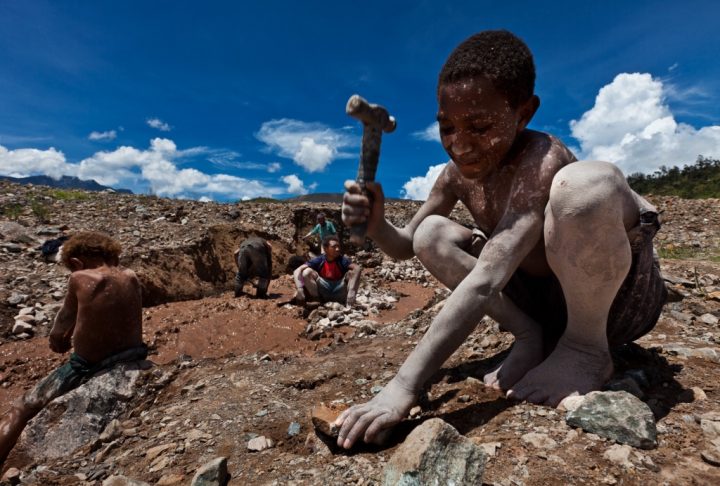

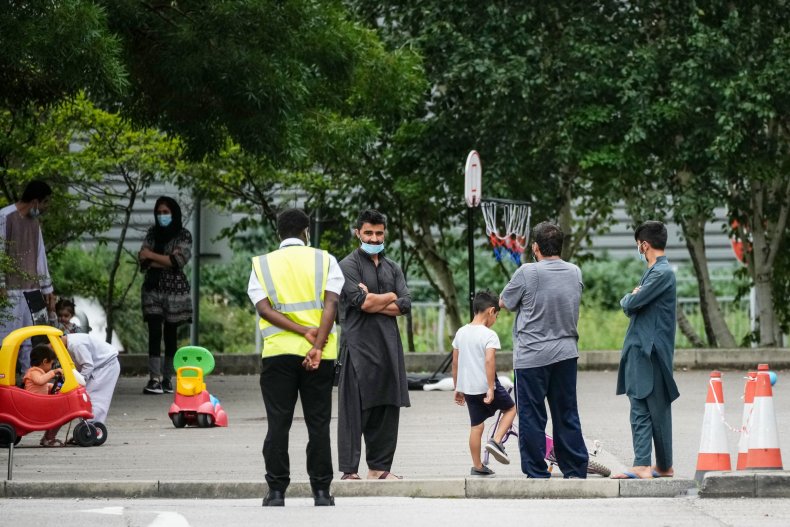
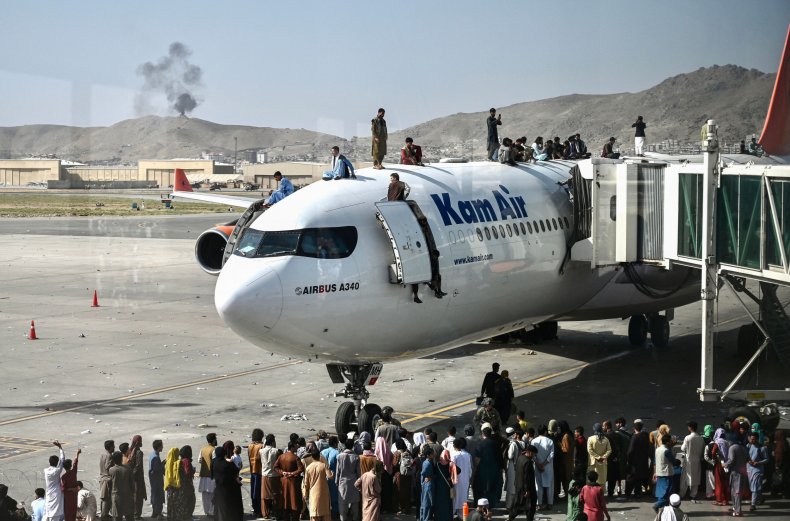
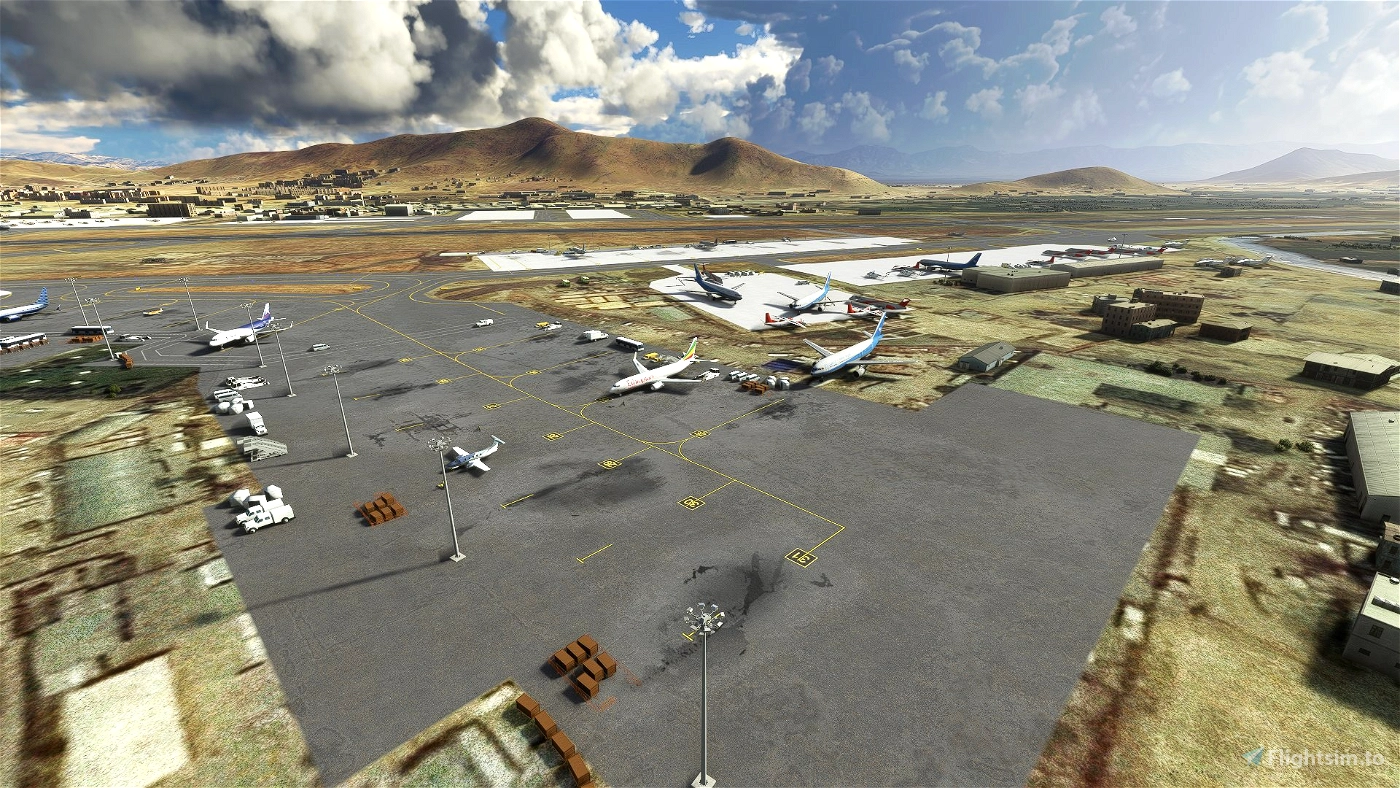 Kabul airport
Kabul airport